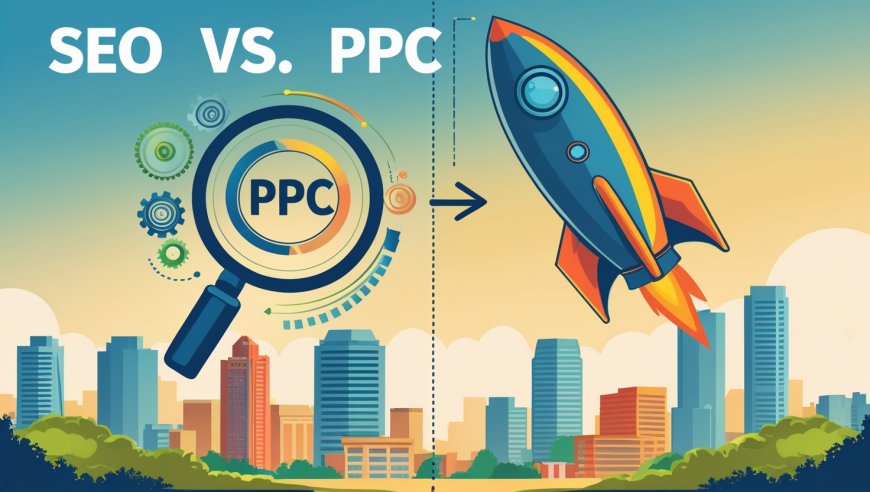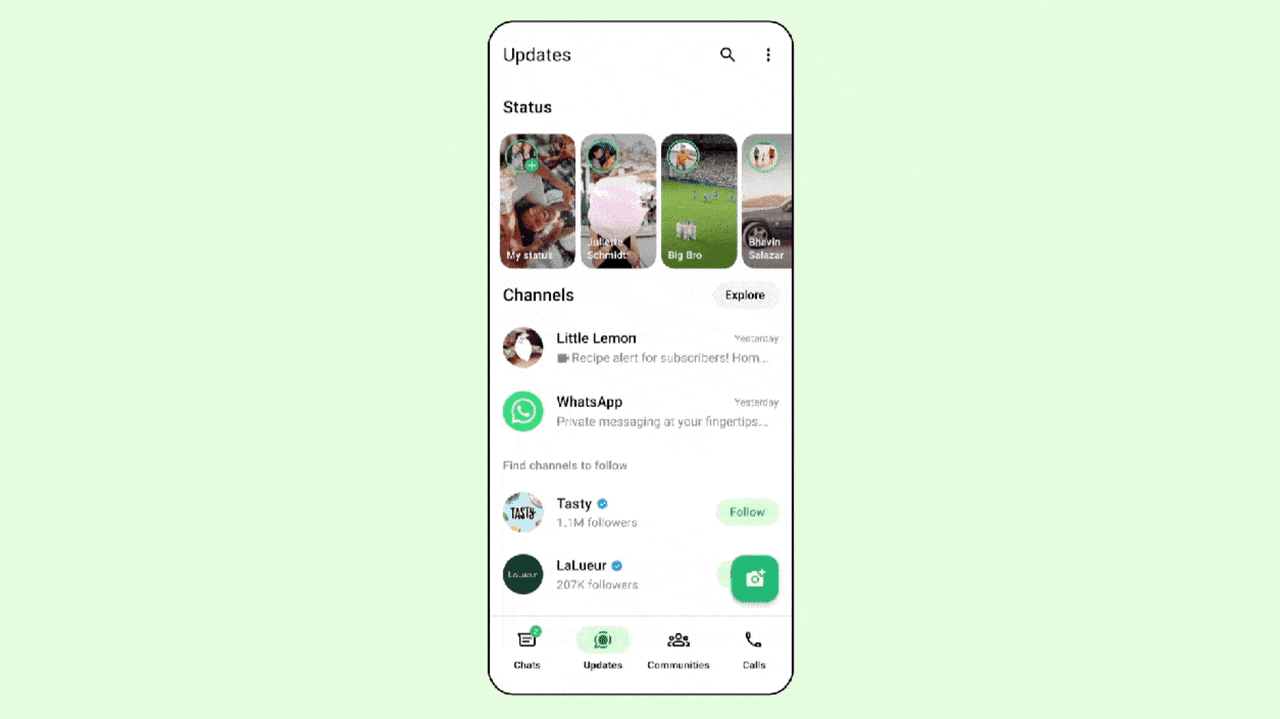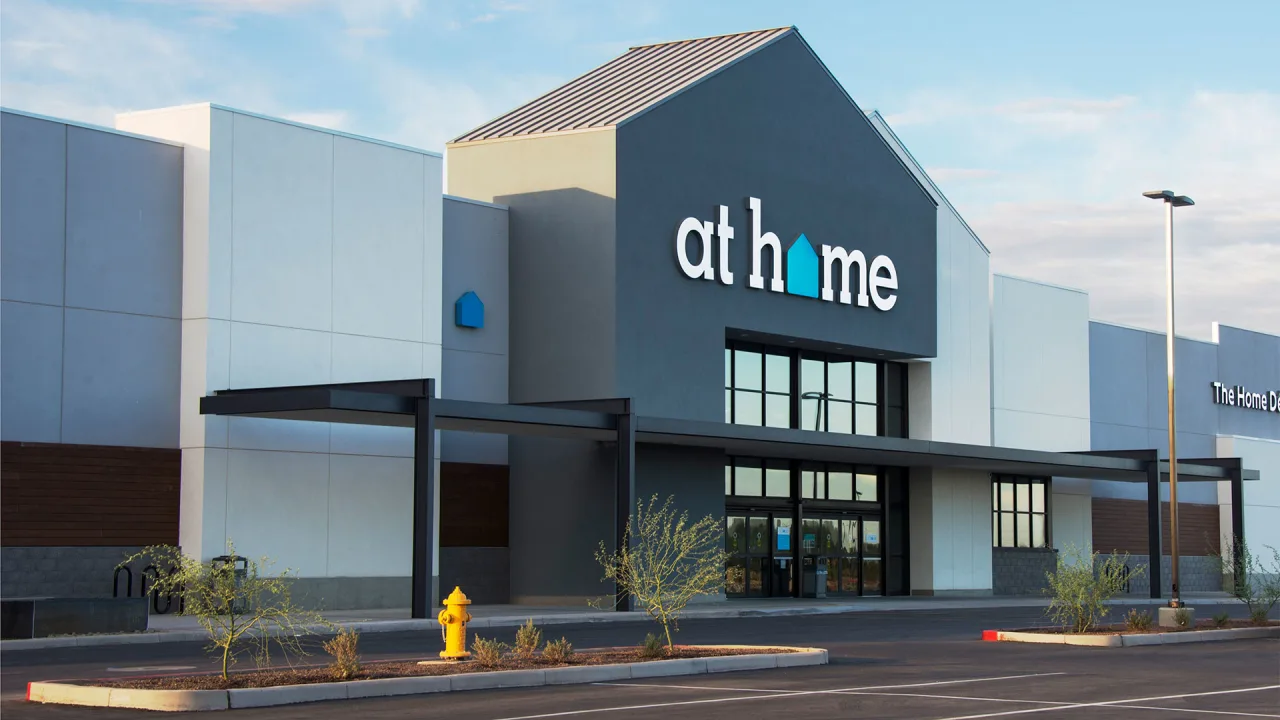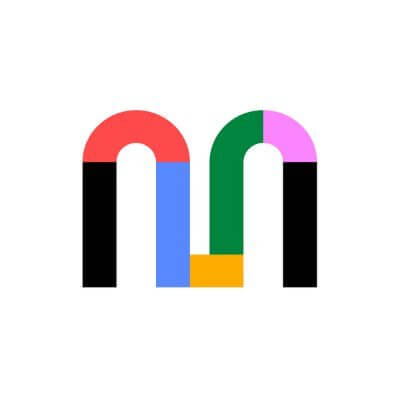SEO vs. PPC: Choosing the Right Strategy for Your Houston Business
Confused between SEO and PPC? Discover which strategy fits your Houston business goals best and drives real results for local growth.

Every business owner in Houston wants to be found by potential customers online. But when it comes to driving traffic to your website, two key strategies stand out: Search Engine Optimization (SEO) and Pay-Per-Click (PPC) advertising. So, which one should your Houston business focus on to generate the best results? Understanding the differences between SEO and PPC can help you make an informed decision that aligns with your business goals. If you’re looking for expert guidance, partnering with an SEO Company in Houston can be a great first step toward building a solid online presence.
Both SEO and PPC have distinct advantages, and each can complement the other. However, knowing when to use one or both strategies is crucial. Let’s dive into the details of SEO and PPC, explain how they work, and explore how each can benefit your business.
What is SEO, and how does it work?
SEO, or search engine optimization, refers to the practice of improving a website’s visibility on search engine results pages (SERPs) through organic (non-paid) methods. The main goal of SEO is to optimize your website so it ranks higher for relevant search queries. For businesses in Houston, SEO can help attract local customers who are searching for products or services in your area.
SEO involves several key components:
-
Keyword Research: Understanding which keywords potential customers are searching for is crucial for any SEO strategy. For a Houston-based business, targeting local keywords like “best restaurants in Houston” or “plumbing services in Houston” is essential to reaching the right audience.
-
On-Page Optimization: This refers to optimizing individual web pages on your site to improve search engine rankings. It includes optimizing title tags, meta descriptions, and headers and ensuring the content is relevant and valuable to users.
-
Content Creation: High-quality, engaging content is essential for both SEO and building trust with your audience. Regularly publishing blog posts, articles, and resources that answer common questions in your industry can help your business gain authority in your niche.
-
Backlink Building: Getting reputable websites to link back to your content signals to search engines that your website is credible. This improves your website's authority and can significantly impact your rankings.
-
Technical SEO: Ensuring your website is technically sound with fast load times, mobile optimization, and a clean site structure helps improve user experience and search engine rankings.
What is PPC and How Does It Work?
PPC, or Pay-Per-Click advertising, is a form of online marketing where businesses pay a fee each time someone clicks on their ad. The most common PPC platform is Google Ads, where businesses bid on specific keywords that they want to target. When someone searches for those keywords, your ad may appear at the top of the search results. If the user clicks on the ad, you pay a predetermined amount.
Here’s how PPC works:
-
Keyword Bidding: You bid on relevant keywords for your business. For example, a Houston roofing company might bid on terms like “roofing services in Houston” or “emergency roof repair Houston.”
-
Ad Creation: You create compelling ads with a clear call-to-action that encourage users to click. The ad copy should be concise, engaging, and relevant to the user’s search intent.
-
Targeting: PPC allows you to target users based on their location, device, search behavior, and even the time of day. This precision helps ensure your ads reach the most relevant audience.
-
Cost Control: One of the advantages of PPC is the ability to control your budget. You can set a daily limit and monitor the performance of your ads, adjusting them as needed to optimize your spend.
SEO vs. PPC: Which Strategy Should You Choose?
Now that you have an understanding of both SEO and PPC, the next question is: which one is better for your business? The answer depends on your goals, budget, and timeline.
1. When to Choose SEO
SEO is a long-term strategy that requires patience, but it can provide significant benefits in the long run. Here’s why SEO might be the right choice for your business:
-
Long-Term Results: SEO is a marathon, not a sprint. Once you achieve high rankings for your targeted keywords, you can maintain your position without ongoing costs (aside from maintenance and updates). This provides sustainable traffic over time.
-
Organic Trust and Credibility: Many users trust organic search results more than paid ads. High organic rankings convey trust and authority in your industry, which can lead to higher conversion rates.
-
Cost-Effective Over Time: While SEO can require an upfront investment (in terms of time and resources), once you achieve good rankings, the ongoing costs tend to be lower than PPC, which requires continuous spending.
-
Local Search Focus: For businesses in Houston, local SEO is essential. By optimizing your website for local keywords and creating location-specific content, you can attract Houston-based customers who are actively looking for services in the area.
2. When to Choose PPC
PPC can be an excellent choice if you need quick results or are looking to target a very specific audience. Here’s why PPC might be a better fit for your business:
-
Immediate Results: Unlike SEO, which takes time to produce results, PPC provides immediate visibility on search engines. As soon as your campaign goes live, your ads will begin to appear at the top of search results.
-
Scalability: With PPC, you can scale your advertising efforts quickly. If you’re running a limited-time promotion or launching a new product, PPC can help you generate immediate traffic and sales.
-
Control and Flexibility: PPC offers more control over your budget and targeting. You can test different ad variations, pause campaigns, or adjust your targeting at any time. If something isn’t working, you can quickly change it to optimize performance.
-
Highly Targeted Advertising: PPC allows you to focus on specific demographics, locations, devices, and even times of day. For example, if your business in Houston offers urgent services like plumbing or HVAC repairs, you can target users who are actively searching for those services in real-time.
-
Ideal for Competitive Industries: If you're in a competitive market where SEO takes longer to yield results, PPC can give you the edge by providing instant visibility, especially if your competitors are already using PPC.
How SEO and PPC Can Work Together
While SEO and PPC are often viewed as separate strategies, they can work together to maximize your results. Here’s how:
-
Shared Data: By running both SEO and PPC campaigns, you can gather valuable data about which keywords are performing best. You can use this data to refine both your SEO and PPC strategies, making them more effective.
-
Increased Visibility: With both SEO and PPC, your business has a better chance of appearing in multiple spots on search engine results pages (SERPs). This increased visibility can help build brand awareness and credibility.
-
Maximized Reach: SEO targets organic traffic, while PPC targets users who are actively searching for specific products or services. By combining the two, you can reach a broader audience.
-
Remarketing Opportunities: PPC campaigns can also be used for remarketing purposes, allowing you to re-engage visitors who may have landed on your website through SEO but didn’t convert. This can improve your overall conversion rate.
Digital Marketing Tips for Combining SEO and PPC
If you’re considering using both SEO and PPC for your Houston business, here are a few digital marketing tips to get the best results:
-
Start with a Comprehensive Digital Strategy: Before diving into either SEO or PPC, create a detailed plan that outlines your goals, budget, target audience, and timeline. This will ensure that both strategies align with your business objectives.
-
Optimize Your Website for Conversions: Regardless of whether you’re using SEO or PPC, make sure your website is optimized to convert visitors into leads or customers. This includes having clear calls to action, fast loading times, and a mobile-friendly design.
-
Track Your Performance: Use analytics tools to track the performance of both your SEO and PPC campaigns. Regularly analyze your traffic, keyword performance, and conversion rates to optimize your campaigns.
-
Adjust as You Go: Both SEO and PPC require ongoing optimization. Monitor your campaigns, make adjustments as needed, and continue testing to find what works best for your business.
Conclusion
Deciding between SEO and PPC depends on your business’s immediate goals, budget, and long-term vision. SEO is a long-term investment that can provide lasting benefits, while PPC offers immediate results and flexibility. For businesses in Houston, a combination of both strategies can deliver a powerful online presence, driving traffic, increasing leads, and growing revenue.
By understanding how SEO and PPC work, you can make a strategic decision that aligns with your goals. Whether you choose one or both, partnering with a trusted SEO company in Houston can help you implement the right strategies to elevate your online presence and drive business success.






































































![https //g.co/recover for help [1-866-719-1006]](https://newsquo.com/uploads/images/202506/image_430x256_684949454da3e.jpg)

























![[PATREON EXCLUSIVE] The Power of No: How to Say It, Mean It, and Lead with It](https://tpgblog.com/wp-content/uploads/2025/06/just-say-no.jpg?#)






















































